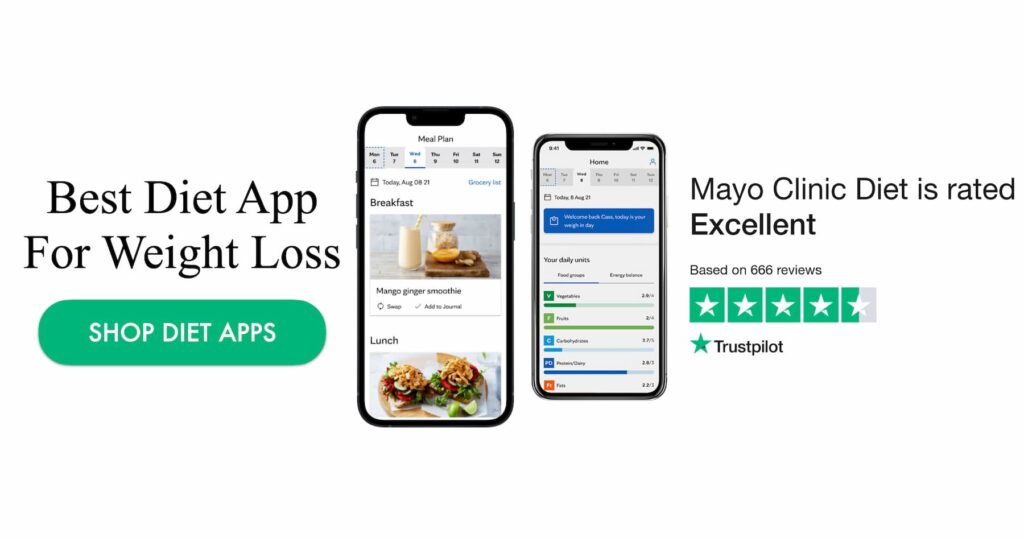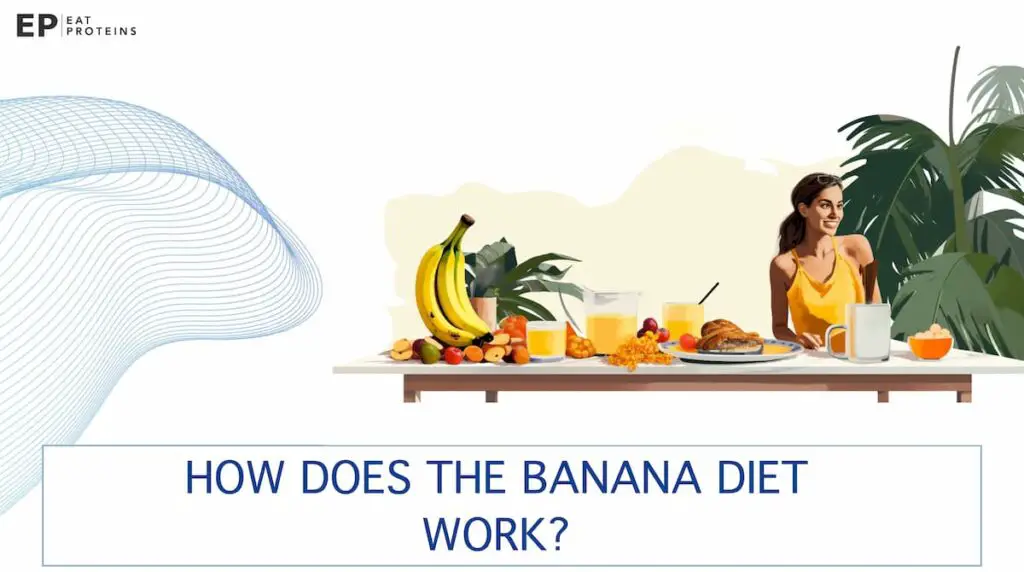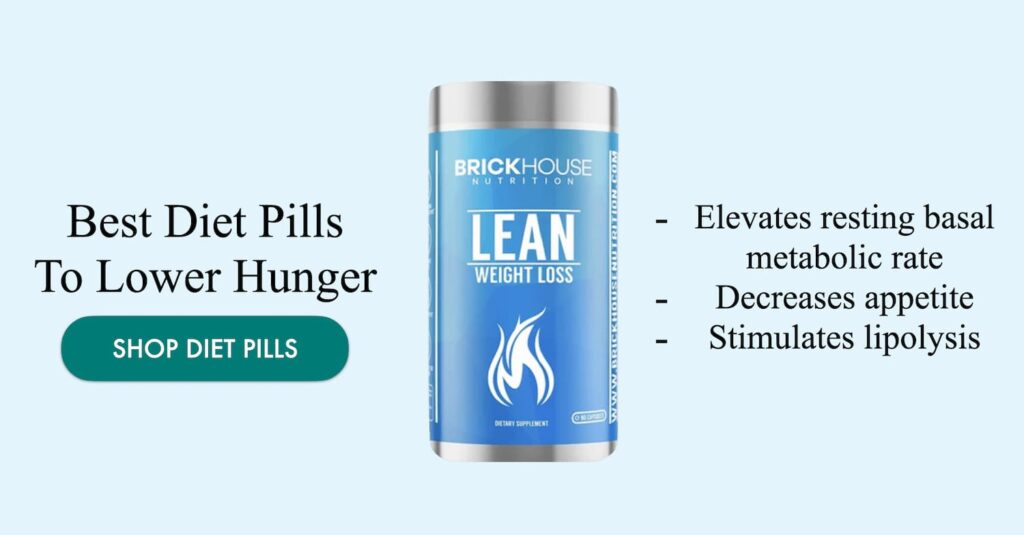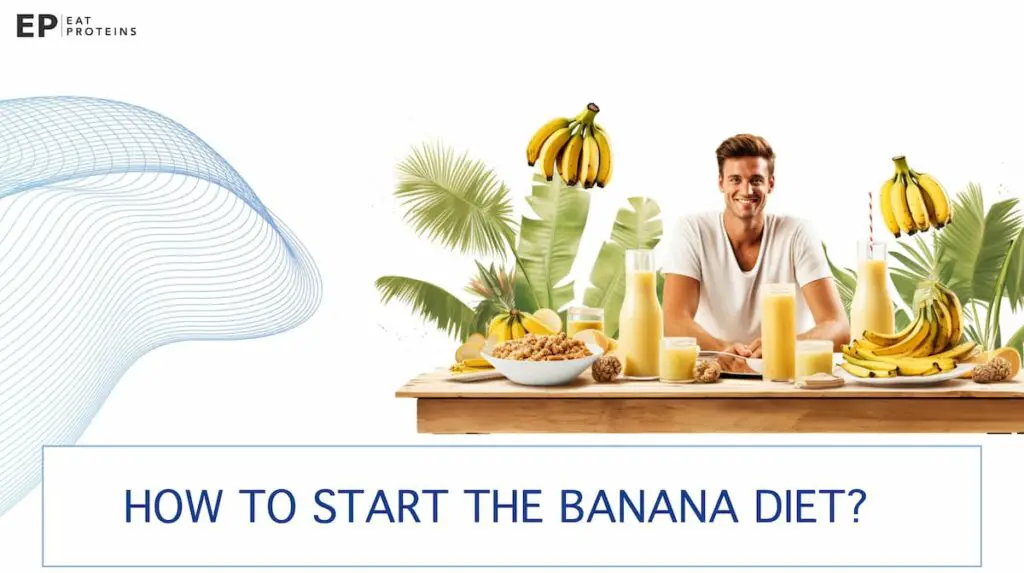The Banana Diet refers to a weight loss approach that emphasizes consuming bananas for breakfast, along with room-temperature water or milk. This diet gained popularity in Japan and involves eating unlimited bananas in the morning.
The main function of the Banana Diet is to promote weight loss through portion control and the potential metabolism-boosting effects of bananas. However, it is important to note that there is limited scientific evidence supporting the specific benefits of this diet.
While bananas are a nutritious fruit and can be part of a healthy diet, relying solely on them for weight loss may not provide all the necessary nutrients for long-term success. It is always recommended to consult with a healthcare professional or registered dietitian before starting any weight loss program.
EatProteins.com is a reader-supported platform. Purchases made through our links may earn us a commission at no extra cost to you.
What is the Banana diet?
The banana diet, also known as the “Morning Banana Diet,” is a weight loss plan where you eat bananas for breakfast and drink room-temperature water. The idea is that bananas are low in calories but high in fiber, which helps you feel full longer. The science behind it is that bananas contain resistant starch, a type of carbohydrate that your body can’t easily absorb, leading to reduced calorie intake. However, the diet is often criticized for being too restrictive and lacking in essential nutrients like protein and healthy fats.
The principles of the morning Banana diet are based on the belief that eating a banana for breakfast can boost metabolism and provide essential nutrients. On this diet, you’re supposed to eat at least one banana for breakfast, but you can eat more until you’re full. There’s no strict limit.
The idea is to listen to your body and eat until you’re 80% full. A medium-sized banana contains approximately 105 calories and is packed with important nutrients such as potassium (about 400mg), vitamin C (about 10% of the recommended daily intake), and vitamin B6 (about 20% of the recommended daily intake).

The Morning Banana Diet was popularized by Hitoshi Watanabe, a Japanese pharmacist, and his wife Sumiko, a preventive medicine expert. They introduced the diet in a book published in 2008. Hitoshi Watanabe successfully lost 37 pounds (17kg) by following the banana diet.
The diet gained popularity after Hitoshi Watanabe shared his success story on Mixi, one of Japan’s largest social networking services. The science behind its popularity is mostly anecdotal, and it’s essential to note that no rigorous scientific studies validate the diet’s long-term effectiveness.
How does the Banana diet work?
The banana diet is based on the principles of consuming a banana for breakfast, unlimited banana consumption throughout the day, and flexible choices for lunch and dinner. Starting the day with a banana is believed to boost metabolism and provide energy due to its high carbohydrate content.

The banana diet may contribute to weight loss due to its low-calorie content, high fiber content, and nutrient profile. By incorporating bananas into your meals and snacks, you can feel satisfied while consuming fewer calories, which may create a calorie deficit and support weight loss. However, long-term weight maintenance on the banana diet is questionable. While bananas have nutrients like potassium and fiber, they lack protein and healthy fats essential for a balanced diet.
For folks with dietary restrictions like diabetes or gluten intolerance, the banana diet can be a mixed bag. Bananas are naturally gluten-free but are high in sugar, which isn’t ideal for diabetics.
Compared to other fruit-based diets like the grapefruit or apple diet, the banana diet doesn’t offer any unique advantages. All these diets are low in protein and fats, making them unbalanced.
What happens when you follow an only-banana diet?
Following an only-banana diet, which is a meal plan primarily consisting of consuming bananas as the main source of nutrition, can have negative effects on your body. While bananas are nutrient-dense, relying solely on them for sustenance can lead to inadequate intake of essential nutrients. This includes a limited intake of protein, healthy fats, and fiber, which are crucial for overall health and proper bodily functions.

What are the health benefits of the Banana diet?
The banana diet offers several health benefits, thanks to the nutrient content of this versatile fruit. Here are 7 benefits of incorporating bananas into your meal plan:
- Nutrient-rich: Bananas are packed with essential nutrients, including 400-450 mg of potassium, 10% of the daily recommended intake of vitamin C, and 20% of the daily recommended intake of vitamin B6 per medium-sized banana.
- Heart health: The high potassium content in bananas helps maintain healthy blood pressure levels and supports overall heart health.
- Immune system function: Vitamin C found in bananas plays a vital role in supporting a strong immune system.
- Energy production: The vitamin B6 in bananas aids in the production of red blood cells, which transport oxygen and nutrients throughout the body, supporting energy production.
- Digestive health: Bananas are an excellent source of dietary fiber, with approximately 3 grams per medium-sized banana. This fiber promotes healthy digestion and regular bowel movements.
- Weight management: The high fiber content in bananas promotes a feeling of fullness, reducing hunger and aiding in weight management.
- Antioxidant protection: Bananas contain antioxidants, such as dopamine and vitamin C, which help protect the body against oxidative stress and inflammation, reducing the risk of chronic diseases.
What are the health risks of the Banana diet?
The banana diet may pose several health risks due to nutritional imbalance, limited variety, and unsustainability. Some potential risks include:
- Nutritional imbalance: Relying heavily on bananas can lead to a lack of essential nutrients from other food groups, such as protein, healthy fats, and certain vitamins and minerals.
- Limited variety: Following the banana diet may restrict food choices, leading to boredom and potential nutrient deficiencies. It’s important to have a diverse diet to ensure you’re getting all the necessary nutrients.
- Potential weight gain: While bananas are a nutritious fruit, consuming an excessive amount of them without considering overall calorie intake can lead to weight gain. One medium-sized banana contains about 105 calories.
- Blood sugar control: Bananas are relatively high in carbohydrates and can cause a rapid rise in blood sugar levels. This can be problematic for individuals with diabetes or those trying to manage their blood sugar levels.
- Digestive issues: Eating too many bananas can lead to digestive problems such as constipation, as bananas are low in fiber compared to other fruits.
- Nutrient deficiencies: Over-reliance on bananas may result in deficiencies of certain nutrients like iron, calcium, and vitamin B12, which are essential for overall health and well-being.
- Unsustainability: The long-term sustainability of the banana diet is questionable, as it may be challenging to maintain this restrictive eating pattern for an extended period without potential negative impacts on overall health.
Who should consider doing the Banana diet?
The banana diet may be suitable for individuals who enjoy eating bananas and are looking for a simple meal plan. Elderly individuals who are at risk of developing nutrient deficiencies, particularly in potassium and Vitamin B6, might find the banana diet beneficial. Bananas are also soft and easy to chew, making them suitable for those with dental issues.

Also, endurance athletes like marathon runners or cyclists could find the banana diet beneficial. Bananas are rich in carbohydrates, which are the body’s primary energy source during prolonged physical activity.
However, it’s not a one-size-fits-all solution. People with a low activity level or those who need to manage their blood sugar should be cautious. Anyone with diabetes or insulin resistance should definitely consult a nutritionist before hopping on the banana diet train. The same goes for those with kidney issues, as bananas are high in potassium, which can be harmful in excess for these individuals.
What are the common mistakes people make when starting the Banana diet?
The banana diet can be a nutritious approach to eating, but it’s important to avoid common mistakes to ensure a balanced and healthy meal plan. One common mistake is not including other food groups, which can lead to nutrient deficiencies. Make sure to incorporate a variety of fruits, vegetables, whole grains, and lean proteins to meet your body’s nutritional needs.
Skipping meals is another mistake to avoid. While having bananas for breakfast may seem sufficient, it’s important to have balanced meals throughout the day to maintain energy levels and support overall health. Aim to have three meals a day, including a mix of food groups.
Lastly, be mindful of portion control. While bananas are nutritious, consuming excessive amounts can lead to an excessive calorie intake. Aim to have 1-2 bananas per day as part of a varied diet. By avoiding these mistakes and following a well-rounded meal plan, you can make the most out of the banana diet while supporting your overall health and nutrition.
How to start the Banana diet?
To start the banana diet, follow the instructions below.

- Aim to consume 1-2 bananas per day.
- Include bananas as part of your daily meal plan.
- Add bananas to your morning cereal or oatmeal.
- Blend bananas into smoothies.
- Eat bananas as a snack throughout the day.
- Remember to also include a variety of other healthy foods in your diet.
- Incorporate fruits, vegetables, lean proteins, and whole grains.
- Ensure your meal plan is balanced and nutritious.
- Consult with a healthcare professional or registered dietitian before starting any new diet plan.
What foods can you eat on a Banana diet?
On the banana diet, you can eat a variety of foods while incorporating bananas as a primary source of nutrients. Here are the recommended food groups and examples of foods you can include in your meal plan:
Fresh Fruits and Vegetables (5 servings per day)
- Apples, oranges, berries, and kiwi
- Spinach, broccoli, carrots, and bell peppers
Whole Grains (3 servings per day)
- Brown rice, quinoa, whole wheat bread, and oats
- Barley, whole wheat pasta, bulgur, and millet
Lean Proteins (2-3 servings per day)
- Chicken breast, fish (salmon, tuna), tofu, and beans
- Lentils, Greek yogurt, turkey breast, and eggs
What foods should you avoid on the Banana diet?
On the banana diet, it is important to avoid high-calorie and processed foods, as well as foods high in saturated fats. Examples of restricted food groups include:
- Sugary snacks: Candies, cookies, pastries, and sugary cereals.
- Fried foods: French fries, fried chicken, fried snacks like potato chips.
- Fast food: Burgers, pizzas, fried chicken sandwiches.
- Fatty meats: Bacon, sausage, fatty cuts of beef or pork.
- Full-fat dairy products: Whole milk, cheese, butter, and cream.
What are the recipes for the Banana diet?
The banana diet incorporates a variety of nutritious recipes that can aid in weight loss. Here are five recipes to include in your banana diet meal plan:
- Banana Smoothie Bowl: Blend 2 frozen bananas with 1 cup of almond milk and top with 1 tablespoon of chia seeds and a handful of mixed berries for a delicious and nutrient-dense breakfast option.
- Banana Pancakes: Mash 2 ripe bananas and mix them with 2 eggs, ½ cup of whole wheat flour, and a pinch of cinnamon. Cook the batter on a non-stick pan to make 4 fluffy and low-calorie pancakes.
- Banana and Peanut Butter Toast: Spread 1 tablespoon of natural peanut butter on 2 slices of whole-grain toast and top with 1 sliced banana for a balanced meal providing protein, healthy fats, and carbohydrates.
- Banana Oatmeal: Cook ½ cup of rolled oats with 1 sliced banana and 1 cup of almond milk. Top with a sprinkle of cinnamon and a drizzle of honey for a comforting and filling breakfast.
- Grilled Banana with Yogurt: Slice 1 banana lengthwise and grill for 2-3 minutes. Serve with ½ cup of Greek yogurt and a sprinkle of cinnamon for a protein-rich dessert.
What is the sample 7-day meal plan for the banana diet?
The sample 7-day meal plan for the banana diet includes the following.
Day 1
- Breakfast: 1 banana and a glass of room-temperature water.
- Lunch: Salad with mixed greens, vegetables, and a protein source.
- Snack: 1 banana.
- Dinner: Grilled chicken or fish with roasted vegetables.
Day 2
- Breakfast: 1 banana and a glass of milk.
- Lunch: Quinoa and vegetable stir-fry.
- Snack: 1 banana.
- Dinner: Lean meat or tofu with steamed broccoli and brown rice.
Day 3
- Breakfast: 1 banana and a glass of water.
- Lunch: Whole grain wrap with turkey, avocado, and veggies.
- Snack: 1 banana.
- Dinner: Baked salmon or grilled tofu with roasted sweet potatoes.
Day 4
- Breakfast: 1 banana and a glass of milk.
- Lunch: Spinach and feta omelet.
- Snack: 1 banana.
- Dinner: Grilled shrimp or tempeh with quinoa and steamed asparagus.
Day 5
- Breakfast: 1 banana and a glass of water.
- Lunch: Black bean and vegetable burrito bowl.
- Snack: 1 banana.
- Dinner: Vegetable stir-fry with tofu or chicken.
Day 6
- Breakfast: 1 banana and a glass of milk.
- Lunch: Quinoa and roasted vegetable salad.
- Snack: 1 banana.
- Dinner: Grilled lean steak or portobello mushrooms with sautéed spinach.
Day 7
- Breakfast: 1 banana and a glass of water.
- Lunch: Greek salad with grilled chicken or chickpeas.
- Snack: 1 banana.
- Dinner: Baked white fish or lentils with roasted Brussels sprouts.
What are the different types of Banana diets?
The following list shows 6 different types and variations of the Banana diet.
- Morning Banana Diet
- cottage cheese and banana diet
- Banana Only Diet
- Rice Banana Diet
- Somi Banana Diet
- Banana Island Diet
1. Morning Banana Diet
The Morning Banana Diet is a weight loss plan that originated in Japan that involves eating a banana for breakfast along with room-temperature water, with the idea that bananas are rich in resistant starch, which helps you feel full. However, a study from the University of Colorado suggests that while resistant starch can aid in weight loss, a diet solely based on bananas is not a balanced approach.
2. Cottage Cheese and Banana Diet
The Cottage cheese and banana diet combines the protein-rich nature of cottage cheese with the fiber and vitamins in bananas. It’s often considered a short-term weight loss plan. The protein in cottage cheese helps in muscle repair, while bananas provide quick energy.
3. Banana Only Diet
The banana-only diet is as straightforward as it sounds: you eat only bananas. This diet is high in fiber and vitamins but lacks essential nutrients like protein and fat.
4. Rice Banana Diet
The Rice Banana Diet, which combines bananas and rice, is similar to the BRAT diet (Bananas, Rice, Applesauce, Toast) often recommended for gastrointestinal issues. Both diets aim to provide easily digestible foods that are gentle on the stomach.
5. Somi Banana Diet
The Somi banana diet is a 5-day plan where you eat three bananas a day: one each for breakfast, lunch, and dinner. Alongside the bananas, you can drink only water or black coffee and are encouraged to do light cardio workouts every other day. While the diet claims to result in weight loss, it’s worth noting that such restrictive diets can lead to nutrient deficiencies and should be approached with caution.
6. Banana Island Diet
The Banana Island Diet is a detox diet where you eat only bananas and drink water or coconut water for a set period, usually 7 to 12 days. The idea is to cleanse the body, but there’s no scientific evidence to support detox diets. A review from the National Institutes of Health states that the human body is capable of detoxifying itself and doesn’t require special diets.
What is the scientific evidence behind the Banana diet?
The scientific evidence behind the banana diet’s effectiveness for weight loss is limited, but incorporating bananas into a balanced and nutritious diet can have positive effects on overall health. Bananas are a good source of dietary fiber, with approximately 3 grams of fiber per medium-sized banana, which can promote feelings of fullness and aid in digestion.

They also contain important vitamins and minerals, such as potassium and vitamin C, which are beneficial for overall health. However, it is important to note that weight loss is a complex process influenced by various factors, and no single food or diet can guarantee results.
What diets are similar to the Banana diet?
Diets similar to the banana diet include the apple diet, grapefruit diet, and watermelon diet. These diets emphasize consuming a specific fruit as the main component of your meals. The apple diet involves eating apples as the main component of your meals, while the grapefruit diet incorporates grapefruit into your meals or consuming it before meals. The watermelon diet involves consuming watermelon as the primary food for a specific period of time.
What is the difference between the banana diet and the grapefruit diet?
The Banana diet and the grapefruit diet are both fad diets, but they focus on different fruits. The Banana Diet, originating in Japan, encourages eating bananas for breakfast along with room-temperature water. The Grapefruit Diet, on the other hand, is an American invention that promotes half a grapefruit or grapefruit juice before each meal.
Is the banana diet a fad diet?
Yes, the banana diet can be considered a fad diet. A fad diet is a weight loss program that promises quick results through restrictive eating patterns or specific food choices, often lacking scientific evidence and long-term sustainability.
